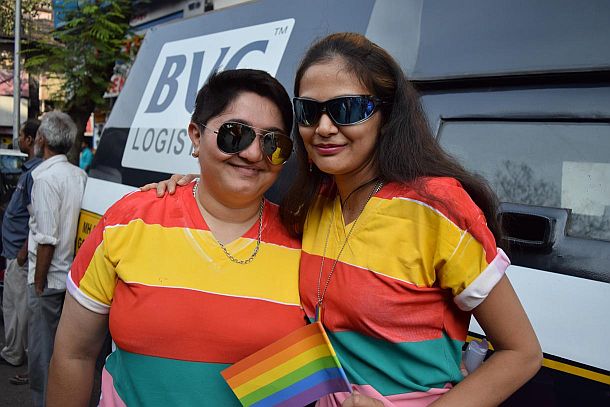RECOGNITION OF SAME-SEX RELATIONSHIPS IN INDIA
|
|
Same-sex marriages are not legally recognized in India, nor are same-sex couples offered more limited rights such as a civil union or a domestic partnership. This may change, at the local level, in light of a landmark court opinion in the city of Gurgaon.
In 2011, the court granted legal recognition to a same-sex marriage, involving two women. After marrying, the couple began to receive threats from friends and relatives in their village. Their lawyer said the court had served notice on 14 of Veena's relatives and villagers who had threatened them with "dire consequences". Haryana has been the centre of widespread protests by villagers who believe their village councils, or khaps should be allowed to impose their own punishments on those who disobey their rulings or break local traditions mainly honour killings of those who marry within their own gotra or sub-caste, regarded in the state as akin to incest. Deputy Commissioner of Police Dr. Abhe Singh told The Daily Telegraph: "The couple has been shifted to a safe house and we have provided adequate security to them on the court orders. The security is provided on the basis of threat perception and in this case the couple feared that their families might be against the relationship." However, the couple eventually won family approval. Law regarding same-sex sexual activity in India Homosexual intercourse was made a criminal offense under Section 377 of the Indian Penal Code, 1860. In 2009, the Delhi High Court decision in Naz Foundation v. Govt. of NCT of Delhi found Section 377 and other legal prohibitions against private, adult, consensual, and non-commercial same-sex conduct to be in direct violation of fundamental rights provided by the Indian Constitution. On 23 February 2012, the Ministry of Home Affairs expressed its opposition to the decriminalization of homosexual activity, stating that in India, homosexuality is seen as being immoral. The Central Government reversed its stand on 28 February 2012, asserting that there was no legal error in decriminalizing homosexual activity. This resulted in two judges of the Supreme Court reprimanding the central government for frequently changing its stand on the issue. On December 18, 2015, Shashi Tharoor, a member of the Indian National Congress party, introduced the bill for the decriminalization of Section 377, but the bill was rejected by the house by a vote of 71-24. However, Shashi Tharoor is planning to re-introduce the bill. Human rights groups expressed worries that this would render homosexual couples vulnerable to police harassment, saying: "The Supreme Court's ruling is a disappointing setback to human dignity, and the basic rights to privacy and non-discrimination? On February 2, 2016, the Supreme Court decided to review criminalization of homosexual activity. |


